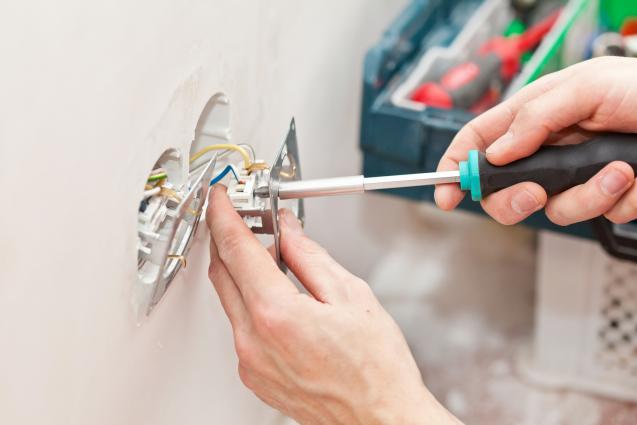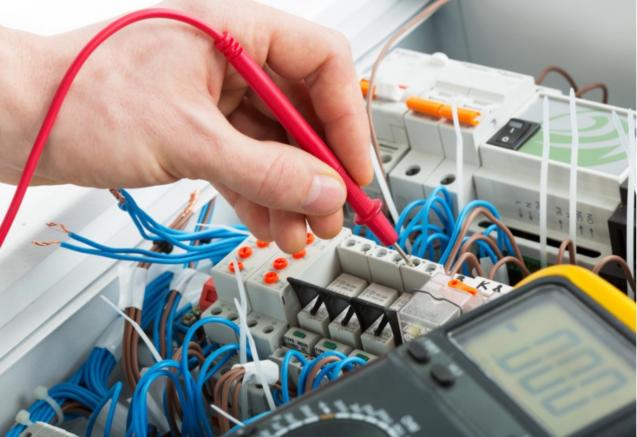
Ducted vs. Split Air Conditioning: Comprehensive Comparison Guide
Each system offers its unique advantages, and the decision can drastically influence factors as varied as home value, climate control efficiency and power bills. In the quest to enhance your understanding of these two primary systems, this guide illuminates the distinguishing characteristics, key pros and cons of ducted and split systems, and crucial considerations to ensure your ultimate choice fuses harmoniously with your individual needs and lifestyle.
Understanding Air Conditioning: Ducted and Split Systems
Ducted air conditioning is an efficient system designed for simultaneous cooling or heating of an entire home or building. Its main unit is discreetly tucked away, perhaps in the roof space or beneath the floor, making it an aesthetically pleasing choice. It offers uniform temperature regulation, creating an agreeable atmosphere throughout multiple rooms.
However, ducted air conditioning systems are the pricier of the two, both in installation and energy costs. While the vast reach of the ducted system is perfect for larger homes, it leverages more power to keep the vast network functioning. This could translate to markedly higher consumption and correspondingly heftier power bills over time.
Conversely, the split system air conditioning, as the name suggests, works by splitting the cooling and heating process between two units - one indoors, the other outdoors. Its prime selling point is the ability to cool or heat specific zones or rooms independently. This grants users more control over the internal temperatures of individual spaces, fostering personalised comfort.
Although split systems may be visually less appealing with the interior unit's visible installation, their initial cost and installation process are generally less daunting than for ducted systems. However, individual rooms' micro-management might eventually fall short in larger homes that require a uniform temperature.
Key Factors to Consider when Choosing an Air Conditioning System
Choosing between robust ducted and split system air conditioning requires a comprehensive understanding of several determinant factors. Primarily, the size of the space to be temperature-controlled significantly influences the type of system to install. While a small area like an apartment or a townhouse could maximize split system usage, a larger home with multiple rooms may lean towards the centralized control of ducted systems.
User preferences for individual room temperature control also weigh heavily here. Households with different comfort zones across various rooms will derive more value from a split system. Homes preferring a uniform temperature, however, might find ducted systems more suitable.
Energy efficiency is another factor that cannot be overlooked. On a unit-to-unit basis, split systems often edge out ducted systems regarding power consumption. But as the scale of simultaneous operations increases, the gap quickly narrows, making the power efficiency between both systems comparable.
Additionally, a close look at installation costs can influence your decision. The process, complexity, and size of the ducted system result in higher installation charges, seconded by higher operational costs. Split systems, while cheaper to install, could incur higher maintenance costs over time, especially when dealing with multiple interior units.
Unsure which option is right for your needs? Let a professional electrician guide you through the decision-making process. They can assess your specific requirements, analyze your space, and recommend the most suitable and cost-effective air conditioning solution for your home.
The Climate Factor: Which System Works Best in What Environment
Consider your regional climate and how your choice air conditioning system performs under specific conditions. Ducted air conditioning systems offer the advantage of spreading an even temperature in larger spaces, making this arrangement favourable for hotter climates where extensive cooling is desirable.
As for split systems, they excel in milder weather conditions. The ability to control the temperature in individual rooms independently is useful, especially in areas where temperatures seldom swing to extremes.
Installation and Maintenance
Installing a ducted air conditioning system entails an intricate layout design and careful planning. The complex nature of work involved calls for experienced professionals, which typically implies higher installation charges. However, the invisible design translates to fewer observable units, translating into potentially lower routine cleaning and maintenance charges.
Split systems, on the other hand, boasts a straightforward installation process. The indoor units, however, could possibly demand frequenter maintenance, escalating the overall maintenance costs with the number of units in use.
Cost Analysis: Ducted vs. Split Systems
In the initial stages, ducted air conditioning systems, given their extensive coverage and the complexity of the installation process, present a higher upfront cost. Nonetheless, split systems might tally up higher operational charges over the long run if there are several units running simultaneously. It's essential to consider that both systems' energy efficiency should also be factored into their long-term cost.
Furthermore, costs for repairs and replacements often go overlooked in the initial assessment but can significantly impact the overall expenses related to either system.
Conclusion
Making the pivotal decision between ducted and split system air conditioning isn't straightforward. It demands a fine balance of crucial elements such as initial costs, operational efficiency, long-term maintenance, and still, sync seamlessly with users’ preferences.
Remember, what works for one household might not hold true for another. Localised conditions, individual comfort preferences and resources play vital roles in what you finally choose. Hence, choosing ducted vs. split system air conditioning? It's essential to consult with a seasoned electrician who can provide expert guidance, helping you browse through the vast pool of options to find the ideal unit that aligns best with your comfort, budget, and lifestyle for many years to come.



